Read more: https://www.swissuniversities.ch/en/themen/lehre/verordnung-koordination-lehre

In 2020, the coronavirus pandemic helped to put science in the public spotlight more than ever before. A wide variety of questions needed to be answered. What is the current state of knowledge about the novel coronavirus? How can the pandemic be tackled? What measures are appropriate in this fight, and what assumptions are they based on? When will vaccines be available? What social and economic consequences will the pandemic have? For scientists at Swiss higher education institutions, the pandemic is a test, as it reveals the extent to which science can contribute towards finding solutions in times of crisis and limiting the damage caused by the pandemic. Researchers from all disciplines have shown remarkable commitment, and as soon as the situation called for it, they quickly offered the authorities advice on how to deal with the crisis. In this respect, swissuniversities would like to thank, in particular, those experts who have volunteered their services to the COVID-19 Science Task Force.
At the same time, higher education institutions have a duty to teach their students. They are doing everything they can to ensure that students suffer as little as possible from the consequences of the crisis. Students must be able to complete their studies in a reasonable time. Likewise, a high standard of teaching must be maintained, and the value of the degrees awarded must be the same as in previous years. The higher education institutions are aware that this requires additional effort from everyone, and they must be open to new ways of doing things. Both the students and teaching staff have adapted quickly to the constantly changing conditions and have thus made a significant contribution towards ensuring that teaching at the institutions could continue. However, experience has also shown that distance learning has its limitations. Face-to-face interaction remains a fundamental element of the student experience. After all, higher education is largely based on the model of classroom teaching, and this will continue to be the case in the future.
Although coronavirus was omnipresent, it was important to keep an eye on ongoing developments concerning the future of higher education. With the adoption of the Dispatch on the Promotion of Education, Research and Innovation (ERI Dispatch) in December 2020, the Federal Assembly reaffirmed its commitment to Switzerland as a strong centre of education. A basic prerequisite for continuing to carry out high-quality research and teaching is networking at the international level. Federal policy has set the course in this respect, too, in order to enable Switzerland’s future participation in European Union programmes. By rejecting the so-called Limitation Initiative, the Swiss people have prevented our country from becoming isolated in the midst of Europe and have thereby recognised the importance of cross-border cooperation, among other things. In addition, swissuniversities has taken complementary measures in the area of open science, concluded open access agreements with the most important publishers, and developed a strategy for open research data.
When I took over from Michael O. Hengartner as President of swissuniversities in February 2020, the first signs of the coronavirus crisis were just beginning to emerge. However, we had no idea how the pandemic would play out and affect all aspects of our lives.
swissuniversities has continued to evolve as an umbrella organisation against the backdrop of the crisis. The rectors of the Swiss higher education institutions worked together even more closely, discussed commonalities and differences, and formulated common goals. For the higher education community, 2020 was a year full of intense but valuable experiences. The things we learned will help us to overcome future challenges.
Prof. Dr Yves Flückiger
President of swissuniversities
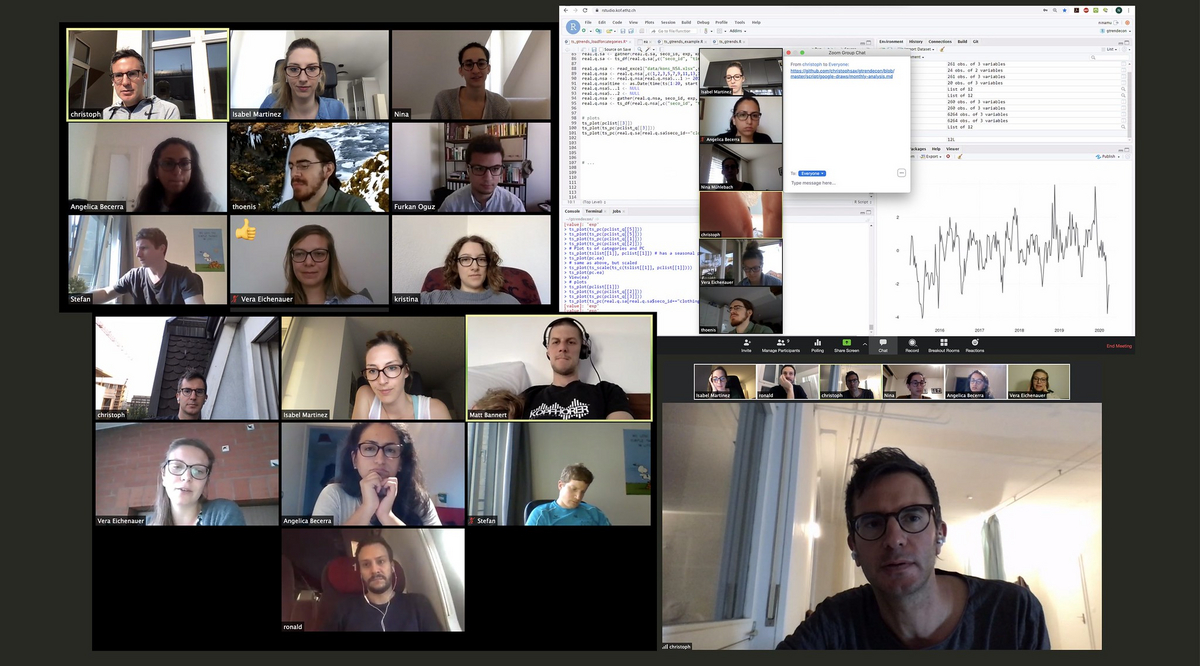
What applies to the whole world at both local and global level also applies to swissuniversities and its General Secretariat. The coronavirus pandemic has dominated the past year and had an impact on everything we do. In January 2020, it was still a respiratory illness in Asia. In February, we stepped up our efforts to safeguard the essential functions in the General Secretariat by putting deputisation rules in place. And in March, we switched our entire operations to home-working within a matter of days. The fact that this was possible without any major problems is due on the one hand to our two IT specialists, and on the other hand to the constructive approach and joint efforts of all employees.
We quickly settled into the new routine of working from home and got used to virtual meetings and video conferences. The flexibility shown by the staff at the higher education institutions and by all our ERI partner organisations was impressive. We worked together more closely, were able to organise virtual meetings at very short notice, and sought solutions to the new challenges together.
But not everything can be fully replaced in a virtual environment, such as those random encounters at the coffee machine, short chats before the start of a meeting or lunch with someone from another team. We in the General Secretariat have dealt with these issues in many ways and have also evolved our collaboration culture and team spirit during this time.
Higher education policy did not stand still during these months, of course. This Annual Report provides an overview of the issues that have occupied us in the past year.
We are also pleased to welcome a new member of swissuniversities. At the end of 2020, the ZHAW was accredited as a University of Applied Sciences and Arts by the Swiss Accreditation Council. The ZHAW therefore became a voting member of swissuniversities from the beginning of 2021. We are looking forward to working together.
At the end of this extraordinary year of 2020, it is more important than ever to thank our colleagues at the higher education institutions, the federal government and the cantons for their valuable and constructive cooperation.
Dr Martina Weiss
General Secretary of swissuniversities
Swiss higher education institutions, which are attended by many thousands of people every day, were hit particularly hard by the coronavirus crisis. How the different institutions responded to this exceptional situation depended on the different cantonal requirements, but also on their size and degree of centralisation as well as the possibilities already available at the institutions.
Online teaching replaces face-to-face lessons
In the spring, more and more teaching activities switched to online alternatives. This transition took between a few days and several weeks and was carried out in close cooperation with the teaching teams. For the autumn semester, the institutions initially opted for a mix of online and face-to-face teaching. For face-to-face lessons, measures were taken to ensure strict compliance with the hygiene rules. In particular, masks had to be worn on campus, lecture hall capacities were limited, and a rotation principle was introduced. However, due to the deterioration of the pandemic situation last autumn, the higher education institutions were ultimately forced to switch almost entirely to virtual teaching.
For the examinations in the 2020 summer session, the institutions chose a mixed model: certain exams could be taken online on the originally planned dates, while others had to be taken on campus later in the summer. The examination methods were adapted, and not passing an exam was not classed as a failed attempt by most of the higher education institutions.
Due to restricted access to the buildings, research activity slowed down in the spring. However, as various activities could also be carried out outside the laboratory, it never came to a complete standstill. And from the summer onwards, the situation gradually began to return to normal. Higher education institutions revised their plans over the course of 2020 to include significant participation in research projects relating to the novel coronavirus. In this context, particular mention should be made of the SwissCovid app developed by a consortium of researchers led by EPFL and ETH Zurich, as well as the contributions made by researchers at higher education institutions as part of the COVID-19 Science Task Force. Universities of Applied Sciences and Arts also contributed with applied research into the development of reliable tests and protective masks, while universities of teacher education supported state schools with their expertise and by providing students to help out.
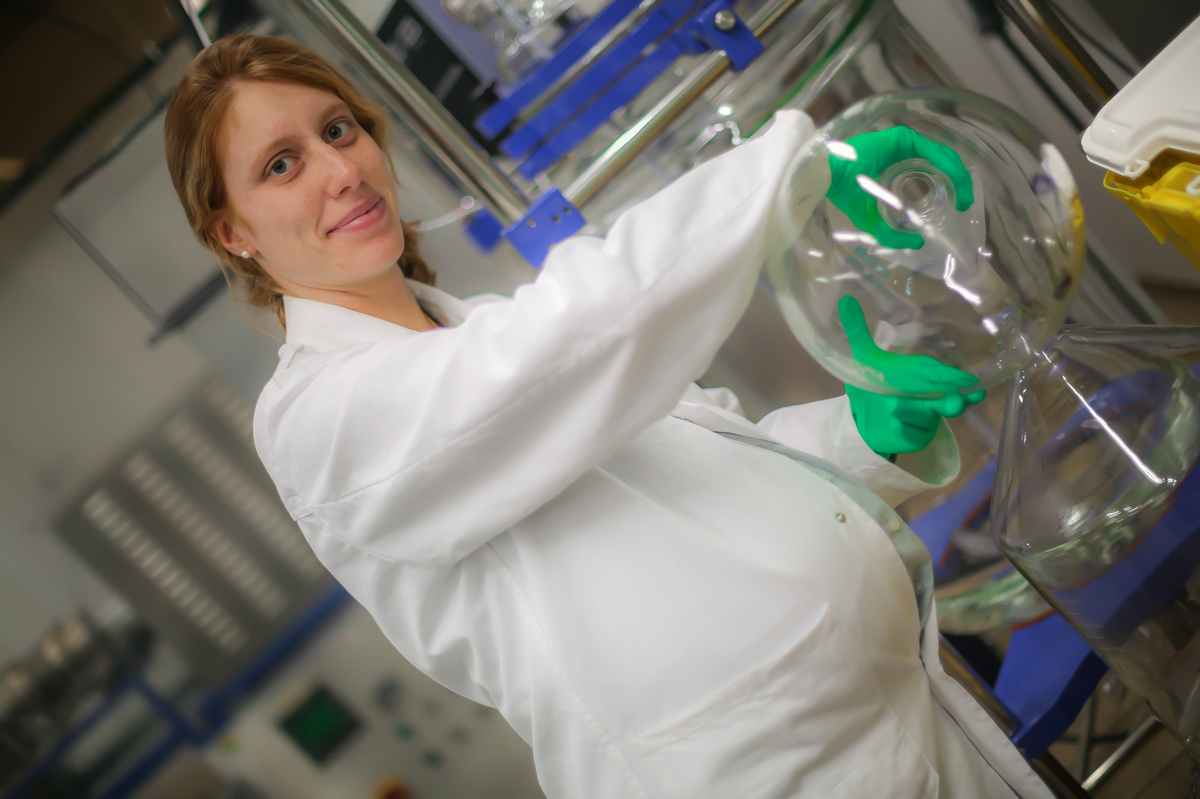
swissuniversities coordinates seven programmes that are designed to promote strategically important projects within the higher education institutions, including doctoral programmes or ones in the areas of open science, equal opportunities, strengthening digital literacy, subject didactics and the dual competencies profile. These programmes receive financial support from the federal government and the cantons in the form of project-related grants.
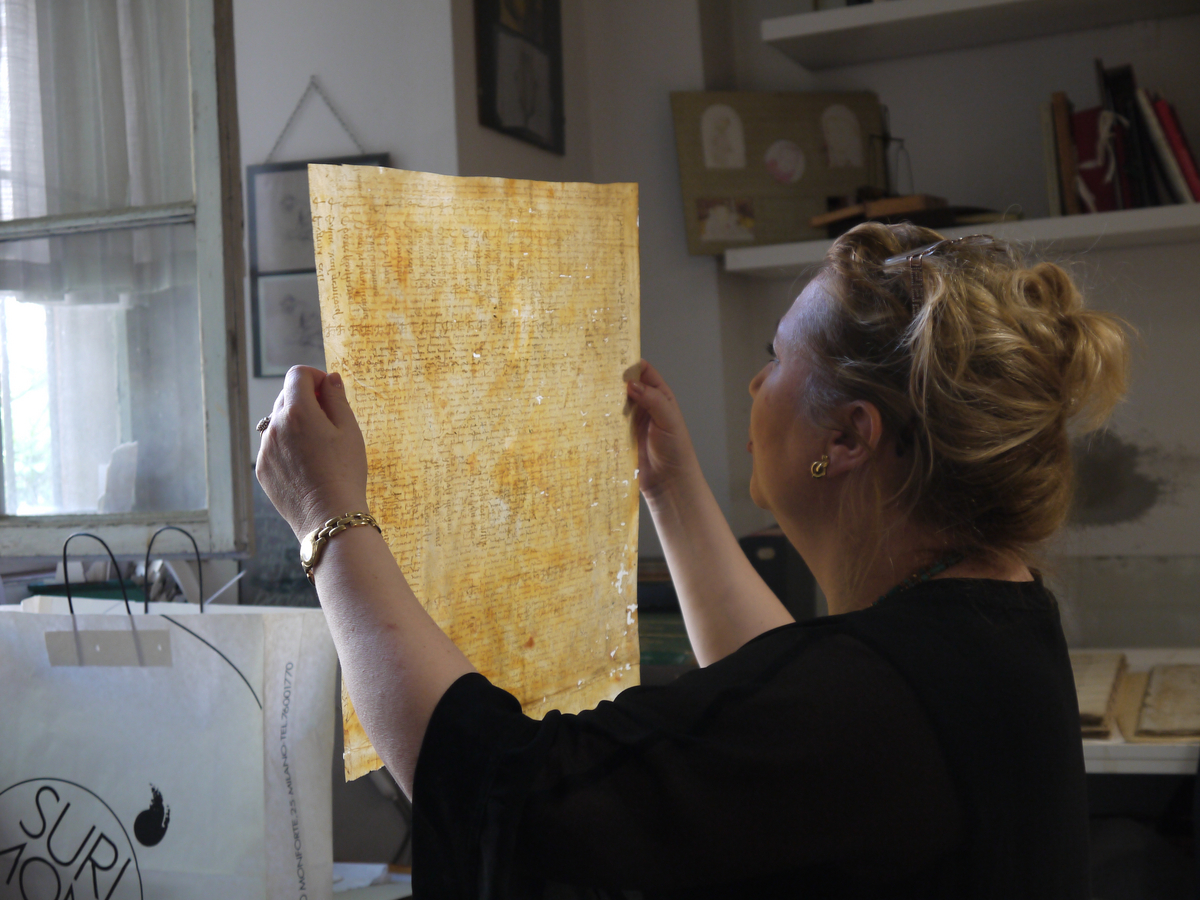
swissuniversities helps to establish the appropriate relations between the higher education institutions and policy-makers. By submitting yearly reports to the State Secretariat for Education, Research and Innovation on the progress of the work carried out at the higher education institutions, swissuniversities ensures that the institutions make effective and targeted use of the funds granted to them.
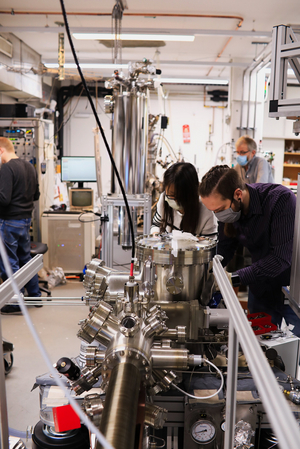
The projects funded in the ERI period 2017 to 2020 should have been completed by 31 December 2020. However, due to the delays caused by the coronavirus pandemic, the Higher Education Council of the Swiss Conference of Higher Education Institutions on 26 November approved the request submitted by swissuniversities for an extension until 31 December 2021. This means that, for some programmes, the higher education institutions now have more time to complete their projects with the funds originally granted.
In December 2020, the Higher Education Council also decided to extend its support for the seven programmes coordinated by swissuniversities and to award project-related grants of CHF 106,320,000 for this purpose. This funding will cover the entire ERI period 2021 to 2024. In the run-up to this decision, swissuniversities had already prepared and organised calls for projects in 2020 in order to select the initiatives to be funded under the individual programmes.
Promoting young talent is one of the fundamental duties of Swiss higher education institutions. swissuniversities has continued its dialogue relating to personnel structures and the promotion of young talent, as well as to creating optimum framework conditions for young talent. It supports higher education institutions with the promotion of young talent through specific projects and services, as well as through multi-year programmes funded by project-related federal grants.
Equal opportunities and diversity
Considerations relating to equal opportunities and diversity are incorporated into the promotion of young talent by means of a transversal approach. For example, the calls for submissions for the 2021–24 project-related grants, launched in 2020, explicitly addressed equal opportunities and the consideration of diversity as a resource, so that existing potential could be exploited and enhanced by diversifying and making educational trajectories, learning paths and career models more flexible.
As an instrument for academic further qualification, the third cycle is a central element in the promotion of young talent for all three types of higher education institution. In the year under review, a working group drew up a position based on the work of the three chambers, which describes common principles of the third cycle and will be published (available in German and French) in the first half of 2021. To this end, it relied on the Chamber of Universities’ recommendations on doctoral education (available in German and French), which ensure that doctoral degrees awarded in Switzerland meet the highest standards and are recognised accordingly in an international context.
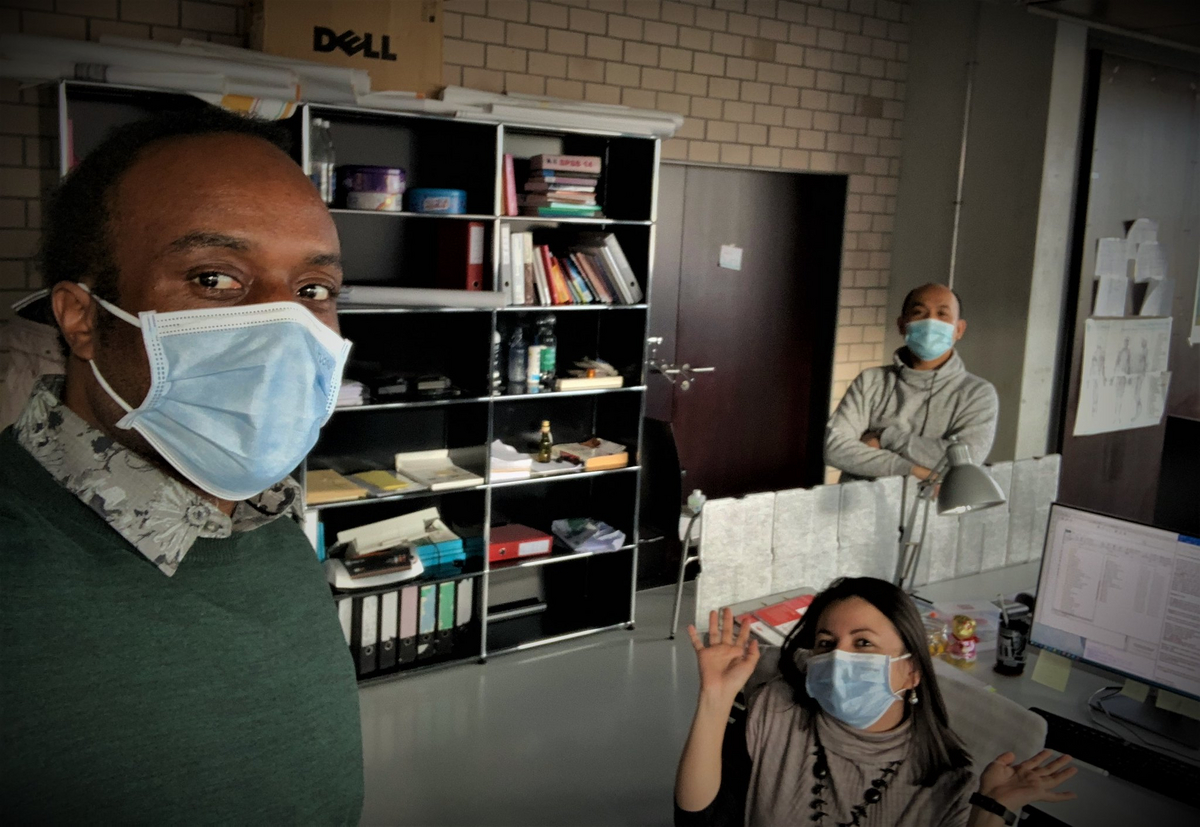
On the other hand, it builds on the basic work of the Chamber of Universities of Applied Sciences and Arts and the Chamber of Universities of Teacher Education, the data and indicators on doctoral students at these higher education institutions, as well as experiences made with cooperative doctoral programmes. Using this as a basis, it shows how successful cooperation between Swiss universities, universities of applied sciences and arts and universities of teacher education should look.
"Description of the future higher education landscape and development of the profiles of the types of higher education institutions."
On 4 March 2019, swissuniversities received an additional mandate from the Swiss Conference of Higher Education Institutions (SHK) to further explore, among other things, the focal areas of “profile enhancement” and “proposals for portfolio streamlining and task allocation”, “so that the Higher Education Council can hold further discussions about specific measures in the course of the ERI period 2021–24”.
swissuniversities has already comprehensively discussed the topic in its 2021–24 strategic plan and has drafted an addition and continuation to these principles. Here, swissuniversities is pursuing the overarching goal of strengthening the overall system of Swiss higher education institutions. It is more than the sum of its parts. The specific characteristics of the different types of higher education institution, existing collaborations and the autonomy of the individual higher education institutions are therefore taken into account. The profiles and portfolios should be developed with this in mind.
"The general ability to study must be safeguarded. swissuniversities is involved in the development of the secondary school baccalaureate. "
The Swiss secondary school system must adapt to current and future requirements. In September 2018, the Swiss Conference of Cantonal Ministers of Education (Schweizerische Konferenz der kantonalen Erziehungsdirektoren, EDK) and the federal government (EAER) set up a steering group to clarify the need to update the legal basis for the secondary-school system. swissuniversities was involved in this work from the outset, and a representative of the universities and a representative of the universities of teacher education were also involved in the second phase of the project. The higher education institutions continue to regard the basic educational objectives of the secondary school baccalaureate, the ability to study and social maturity as valid and essential criteria. For the institutions, it is important that everything possible is done to safeguard the high standard of the Swiss secondary school baccalaureate and maintain the broad diversity of subjects.
"swissuniversities’ key figures paper on continuing education has been completed and approved at policy level."
Pursuant to Article 12 of the Federal Act on the Funding and Coordination of the Higher Education Sector (HEdA), the Higher Education Council of the Swiss Conference of Higher Education Institutions may issue requirements in the form of standardised framework regulations for continuing education. swissuniversities submitted an initial proposal on this to the SHK in 2017. After it was considered by the SHK, some of the principles in the paper needed to be reviewed. The further revision of the “Key figures for continuing education” by swissuniversities was approved by the Higher Education Council in November 2020, and the work could thus be concluded. The key figures provide context for continuing education, define continuing education qualifications, admission and the relation to preparatory courses for PET examinations, describe central features of continuing education and, last but not least, outline the application of the five principles of the Federal Act on Continuing Education and Training (CETA) in continuing education.
"Identify issues at an early stage and communicate concerns in a timely manner."
The aim of the Issue Management working group is to identify at an early stage the social and political issues that affect the framework conditions of academic education, research and teaching. Argumentation scenarios for the prioritised topics are developed in a timely manner and communication measures are defined. The Future network is also represented in the working group. This ensures that the interests are also represented in the Federal Council. In September 2020, the Board of swissuniversities extended the mandate for the Issue Management working group following a comprehensive evaluation.
The coronavirus crisis dominated the communications agenda in 2020. Higher education institutions had to take rapid action to contain the pandemic and communicate the measures in a plausible way to their own communities and the public. Other items on the agenda were the political issues of the Limitation Initiative and the initiative to ban animal and human experimentation and the framework agreement, as well as developments in political decisions in Switzerland and the EU relating to Horizon Europe and Erasmus+. The ERI institutions were able to draw attention to their concerns with a joint press conference before the vote on the Limitation Initiative.
"Demanding and promoting research integrity is a central task of the higher education institutions."
Research integrity is an essential prerequisite for high-quality research and teaching. Higher education and funding institutions have a special responsibility: they create the conditions and environment in which scientific integrity can be practised and misconduct can be avoided.
A group of experts from the Swiss Academies of Arts and Sciences, the Swiss National Science Foundation and swissuniversities is developing a research integrity code of conduct under the auspices of the academies. The work was close to completion at the end of 2020. The code of conduct lays down common practices and standards, and forms the basis for a shared understanding of what constitutes research integrity.
swissuniversities is also examining the creation of a national competence centre for research integrity. A report will be ready in the first half of 2021. The results will make it possible to assess whether and in what form such a centre can further strengthen Switzerland as a centre of knowledge.
"The national open research data strategy complements the open access strategy and will support the open science policy."
At the beginning of 2020, SERI, swissuniversities, the SNSF and the two Federal Institutes of Technology signed an agreement to define a national open research data strategy. The ORD strategy will define the overarching goals and principles in relation to ORD for Switzerland as an ERI location. The strategy is designed to complement the open access strategy and should define a long-term and ambitious open science policy for Switzerland in line with developments at European and global level. The draft strategy and the basic report were presented to the sounding board led by the State Secretary in December 2020 and submitted to the higher education institutions and the ERI partners for consultation.
The strategy describes through four “objectives” the direction in which the landscape of ORD infrastructures and services should develop. To enable this to happen, the future ORD landscape needs to be managed by means of efficient and effective governance. For this reason, an ORD strategic council is to be set up for the purpose of steering the overarching strategy.
"The EMS could be carried out successfully and safely in the pandemic year 2020 thanks to the protective measures taken."
As part of the governance of the admissions procedure to study medicine, swissuniversities is responsible for organising the aptitude test for medical studies (EMS). Due to the coronavirus pandemic, it was uncertain whether the 2020 EMS would be held. Together with the SHK, various risk scenarios were developed in the spring in case the EMS could not take place as planned. In particular, postponement of the EMS to a later date, as well as basing selection on cantonal success rates including secondary school baccalaureate grades, was considered.
Thanks to the specially developed protection concept and the elaborate protective measures (which included shortening the test), the EMS could finally be carried out without problems on the planned date in cooperation with all partners. If necessary, the concepts developed for the alternative selection procedures can be used in subsequent years.
"The transitional provisions for admission to Universities of Applied Sciences and Arts have been consolidated and transferred to an ordinance. The Chamber of Universities of Applied Sciences and Arts has been heavily involved in this work and has contributed the viewpoint of the universities."
On behalf of the Higher Education Council, SERI initiated the consultation procedure for the draft Ordinance on Admission to Universities of Applied Sciences in January 2020. The Board asked the Chamber of Universities of Applied Sciences and Arts to formulate the corresponding position of swissuniversities. The universities of applied sciences and arts were keen to emphasise that the best way of gaining access to most Universities of Applied Sciences and Arts degree courses is, and should continue to be, via the federal vocational baccalaureate. However, it should also be possible for people with several years of work experience to be admitted to universities of applied sciences and arts. This option has taken on an important role in terms of permeability in the education system. Another important aspect in the ordinance concerns making the admission requirements for the Design subject area more similar to those of the Music, Theatre and Other Arts subject area, as Design has evolved considerably in terms of its content and organisation. The admission regulations in the area of health are still being clarified.
"Best practices are designed to ensure equal opportunities during the appointment process."
All higher education institutions are committed to promoting equal opportunities and diversity. Nevertheless, despite a steady improvement over the past few years and an encouraging female proportion of almost 40% among new professors appointed under the tenure-track system between 2017 and 2019, women still make up fewer than 25% of all professors.
In addition to numerous measures already implemented, the Chamber of Universities has therefore adopted recommendations and best practices to ensure equal opportunities during the appointment process. Transparent and professional recruitment is not only in the interest of diversity and gender equality, but also benefits the performance and competitiveness of universities.
The aforementioned recommendations and best practices also relate to the university management, as well as to appointment committees and the corresponding procedures. At the level of university management, equal opportunities and diversity are central elements in the strategic development of university policy. At the procedural level, the recommendations are primarily aimed at job descriptions, appointment committees, evaluation criteria and trial sessions.
"These agreements are an important step for the implementation of open access in Switzerland. They guarantee researchers and students optimum access to publications,” Yves Flückiger, President of swissuniversities and head of the negotiation team.
Negotiations with the publishers Elsevier and Springer Nature led to the “Read & Publish” agreements being concluded in the first quarter of 2020. This is a significant milestone in the implementation of the national open access strategy.
Under the agreements with Elsevier, all affiliated institutions of swissuniversities and members of the Consortium of Swiss Academic Libraries have access to the Freedom Collection and ScienceDirect, and thus to 16 million publications from over 2,500 journals. In addition, researchers can now publish open access articles in most of Elsevier’s gold and hybrid journals.
The contract with Springer Nature allows authors to publish their work fully as open access in the more than 2,000 hybrid journals. In addition, this agreement provides full reading rights and permanent access to Springer Nature’s journal portfolio for all researchers and students.
The agreement with Wiley & Sons, signed in May 2021, allows authors to publish their scientific articles fully Open Access in Wiley's nearly 1,400 hybrid journals. In addition, this agreement provides all researchers and students at the participating institutions with full reading rights and permanent access to Wiley's journal portfolio.
The contracts signed so far are a major achievement in terms of the national open access strategy’s goal of publishing all academic articles as OA by 2024.
Within the International Relations department, the organisation and coordination of international education fairs was heavily affected by the COVID-19 pandemic. The APAIE, NAFSA, and EAIE education fairs were cancelled one by one, and some were replaced by virtual conferences. The challenge was nevertheless to give Swiss higher education institutions visibility at international level. As part of the EAIE Community Exchange, a virtual fair was held, with study in switzerland+ among the participants. The experience gained will make it possible to continue along this virtual path in 2021.
"The Chamber of Universities of Teacher Education Strategy 2021–2024 tackles important social and educational issues."
In June 2020, the Chamber of Universities of Teacher Education adopted its 2021–2024 strategy. It defines eight strategic goals on the topics of “Professions in Education”, “Subject Didactics”, “Diversity, Inclusion and Equal Opportunities”, “Sustainability and Education”, “Digital Change and Education”, “Research and Development”, “Promotion of Young Talent” and “Collaboration, Partnerships and Mobility” and thereby tackles important social and educational policy challenges.
Various products emerged during the 2017–2020 strategy period, which concluded at the end of 2020. The report “Career paths at universities of teacher education”, for example, shows which functions are performed at UTEs and outlines possible career paths. International orientation as a characteristic of modern higher education institutes is taken up in the “Recommendations for the promotion of national and international mobility”. The “Education and migration recommendations” address equal opportunities and inclusion.
(CHF)
| Assets | 2020 |
2019 |
| Current assets | 0 |
0 |
| Cash and cash equivalents | 6’624’329 |
11’637’212 |
| Accounts receivable | 786’265 |
1’495’234 |
| Prepaid expenses/accrued income | 987’878 |
424’309 |
| Total current assets | 8’398’472 |
13’556’755 |
| Fixed assets | 0 |
0 |
| Financial fixed assets | 40’040 |
40’040 |
| Tangible fixed assets | 110’293 |
134’593 |
| Total fixed assets | 150’333 |
174’633 |
| Total assets | 8’548’805 |
13’731’388 |
| Liabilities & equity | 2020 |
2019 |
| Current liabilities | 0 |
0 |
| Accounts payable | 493’018 |
1’882’642 |
| Current interest-bearing liabilities | 1’065’935 |
1’547’839 |
| Other current liabilities | 124’120 |
165’624 |
| Accrued expenses/deferred income | 1’522’990 |
4’399’404 |
| Total current liabilities | 3’206’062 |
7’995’510 |
| Long-term liabilities | 0 |
0 |
| Other long-term liabilities | 2’802’346 |
3’337’787 |
| Long-term provisions | 1’558’337 |
1’861’078 |
| Total long-term liabilities | 4’360’683 |
5’198’865 |
| Total liabilities | 7’566’745 |
13’194’375 |
| Equity | 0 |
0 |
| Reserves | 1’494’487 |
1’429’476 |
| Retained surplus/loss b/fwd | -957’475 |
452’303 |
| Surplus/loss for the year | 445’047 |
-1’344’765 |
| Total equity | 982’060 |
537’013 |
| Total liabilities/equity | 8’548’805 |
13’731’388 |
(CHF)
| Income statement | 2020 |
2019 |
| Membership fees | 2’964’112 |
3’033’701 |
| Members’ projects | 230’746 |
0 |
| State grants per HEdA | 1’491’635 |
1’568’261 |
| State grants repaid per HEdA | -24’059 |
-230’760 |
| State grants per regulations | 716’500 |
715’350 |
| State grants repaid per regulations | -193’602 |
-63’651 |
| Project-related state grants | 1’686’983 |
2’074’689 |
| Other state project grants | 0 |
18’172 |
| Canton grants per HEdA | 1’491’635 |
1’568’262 |
| Canton grants repaid per HEdA | -24’059 |
-230’760 |
| Project-related Canton grants per HEdA | 0 |
60’000 |
| Contractual/regulatory Canton grants | 811’342 |
305’877 |
| Project funding European Commission | 2’275 |
2’096 |
| EMS-qualifying examination fees | 833’668 |
806’281 |
| Prior-year EMS-qualifying examination fees | 2’525 |
293’767 |
| Contributions from universities | 356’356 |
298’096 |
| Third-party donations | 10’792 |
18’725 |
| Provision and reserve income | 0 |
236’868 |
| Reduction in earnings VAT | -264’239 |
-341’959 |
| Operating income | 10’092’610 |
10’133’016 |
| Accounting fiduciary funds projectsand programmes | 228’279 |
268’202 |
| Salaries | -5’092’347 |
-5’050’680 |
| Consultancy fees | -268’607 |
-251’788 |
| Social security contributions | -1’110’213 |
-1’070’234 |
| Other staff costs | -179’237 |
-119’372 |
| Third-party services | -48’924 |
0 |
| Staff costs | -6’699’328 |
-6’492’074 |
| Building overheads | -900’952 |
-511’939 |
| Repairs & maintenance, leasing costs | -12’643 |
-13’528 |
| Third-party services | -1’588’569 |
-1’748’488 |
| Property insurance costs | -8’524 |
-8’242 |
| Energy and waste disposal expenses | -12’534 |
-12’095 |
| Administration costs | -273’802 |
-361’728 |
| Library | -8’507 |
-5’466 |
| IT expenses | -248’699 |
-345’800 |
| Advertising costs | -219’452 |
-411’306 |
| Other operating expenses | -402’254 |
-461’534 |
| Financial expenses | -44’002 |
-44’559 |
| Financial income | 2 |
112 |
| Machinery & equipment depreciation | -32’812 |
-39’516 |
| Office fixtures & fitting depreciation | -8’939 |
-9’831 |
| Other operating expenses | -3’761’686 |
-3’973’919 |
| Aperiodic income | 602’404 |
264 |
| Income from other cost centres | 0 |
1’751’271 |
| Aperiodic expenses | -17’592 |
-1’275’330 |
| Expenses of other cost centres | 0 |
-1’751’271 |
| Other non-operating income | 360 |
776 |
| Other non-operating expenses | 0 |
-5’700 |
| Non-recurring income/expenses | 585’172 |
-1’279’990 |
| Surplus/loss for the year | 445’047 |
-1’344’765 |

Rector Université de Genève, UNIGE President swissuniversities
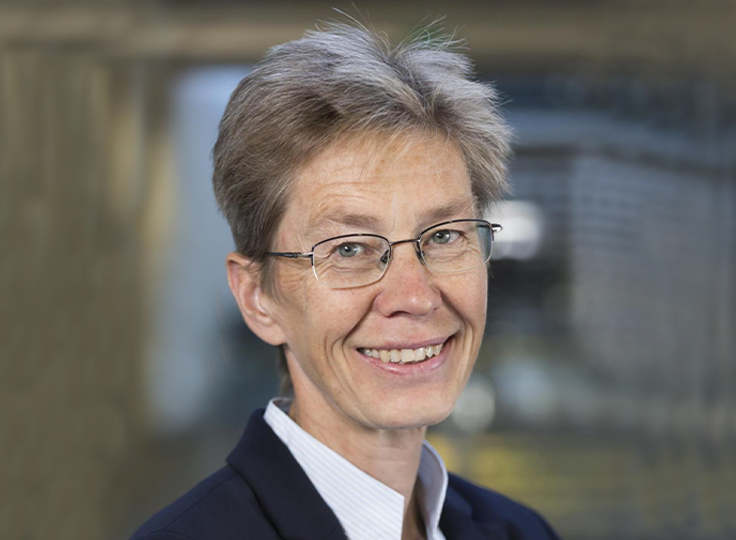
Rector Université de Fribourg, UNIFR Vice president swissuniversities
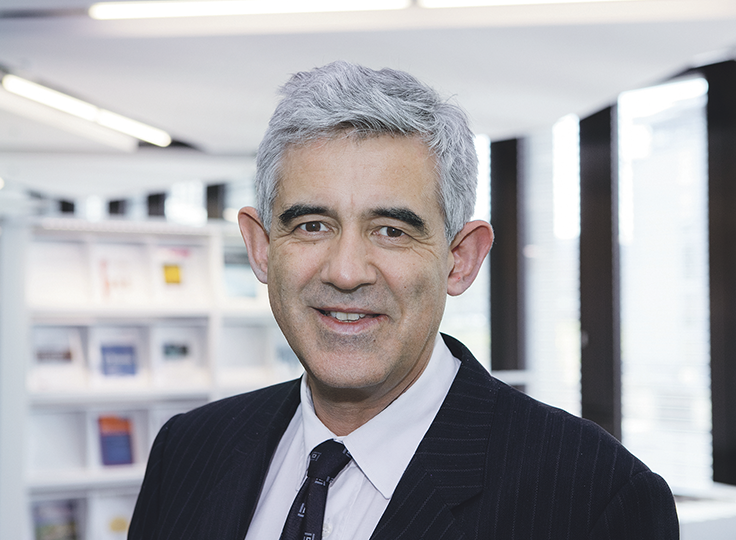
President of the board of directors Fachhochschule Nordwestschweiz, FHNW Vice president swissuniversities

Rector Pädagogische Hochschule Zürich, PH Zürich Vice president swissuniversities

Director Scuola universitaria professionale della Svizzera italiana, SUPSI

President Eidgenössische Technische Hochschule Zürich, ETH Zürich
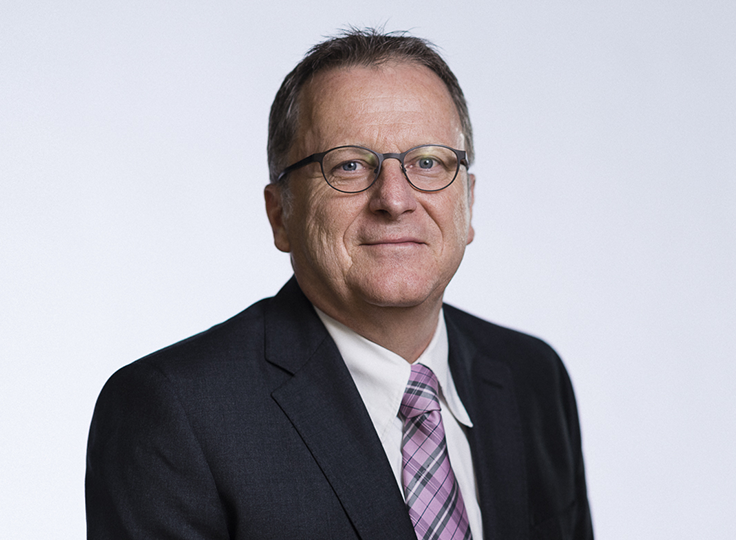
Rector Haute École pédagogique des cantons de Berne, du Jura et de Neuchâtel, HEP-BEJUNE
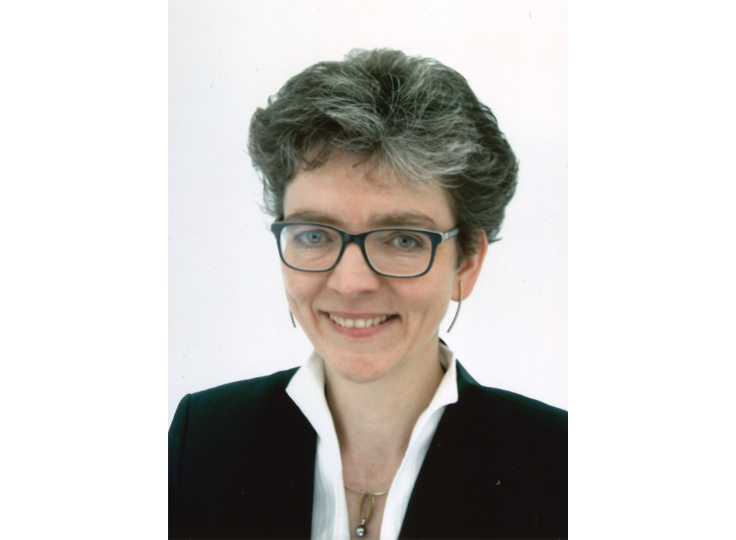
Secretary General swissuniversities in an advisory capacity

Rector Berner Fachhochschule, BFH Until until September 1, 2020 Prof. Dr. Herbert Binggeli

President École Polytechnique Fédérale de Lausanne, EPFL

Rector Fachhochschule Graubünden, FHGR
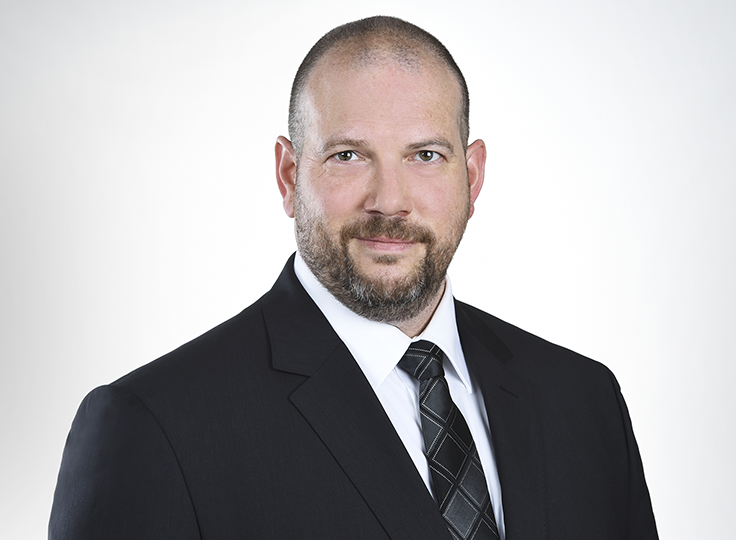
Director Fachhochschule Ostschweiz, FHO / Ostschweizer Fachhochschule, OST; until September 1, 2020 Dr. Albin Reichlin
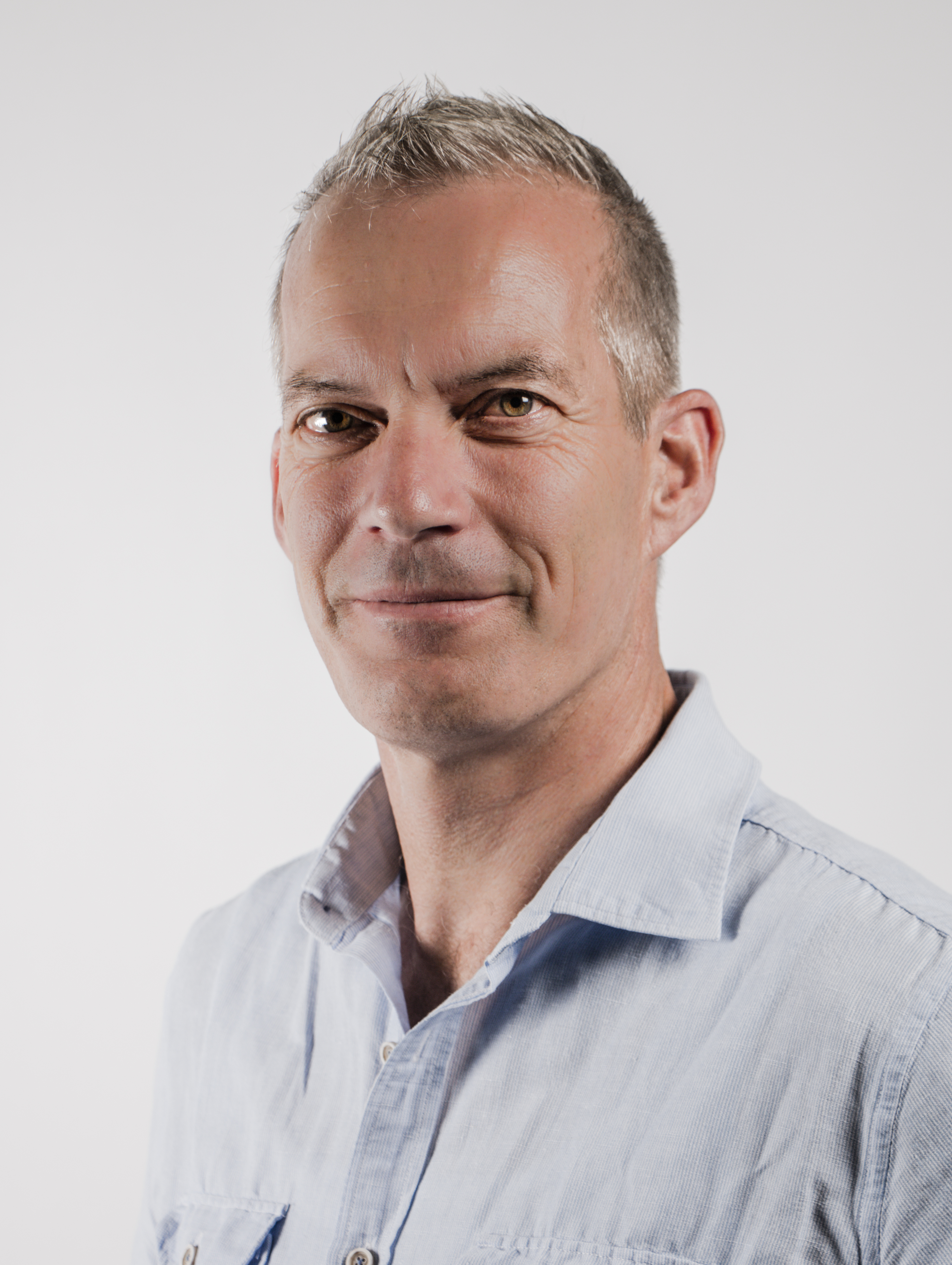
Member of the management board Haute École pédagogique Fribourg, HEP-Fribourg
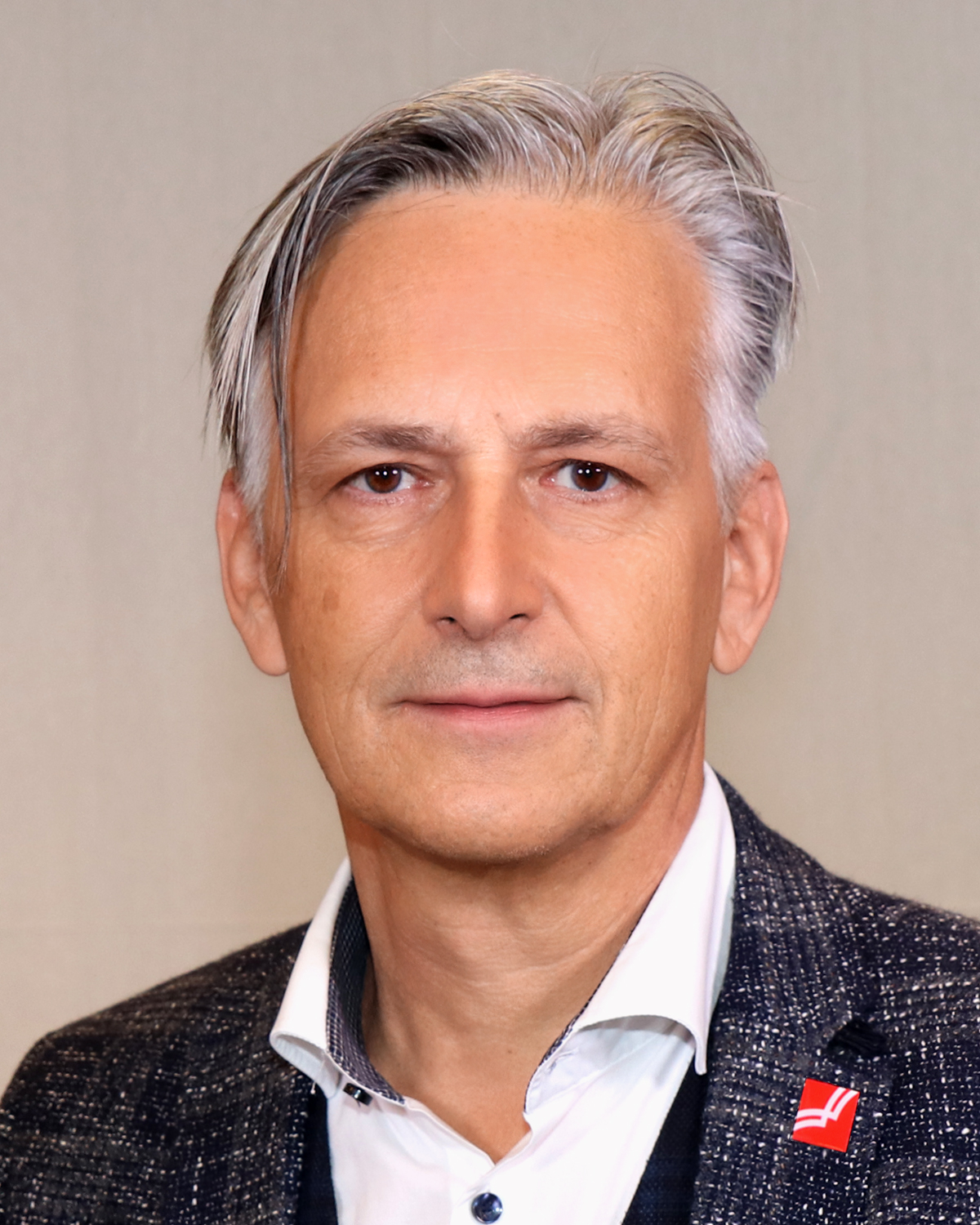
Co-director Haute École pédagogique du Valais, HEP-Valais

Rrector Haute École pédagogique Vaud, HEP-Vaud
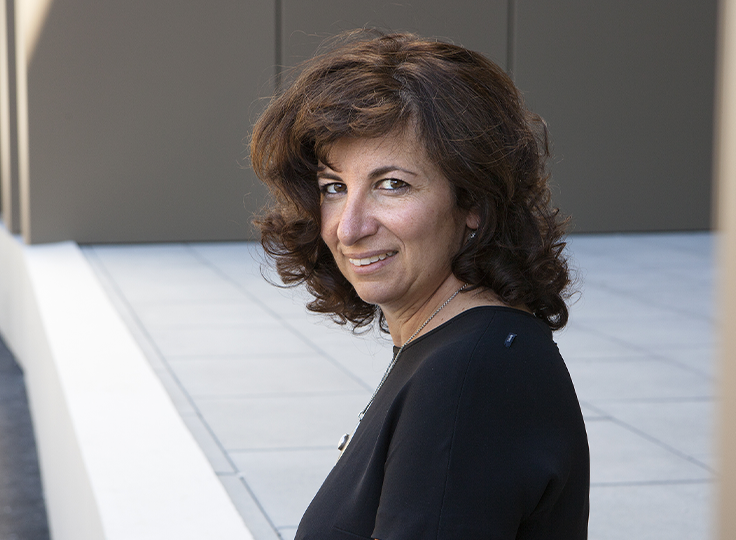
Rector Haute École Spécialisée de Suisse occidentale, HES-SO
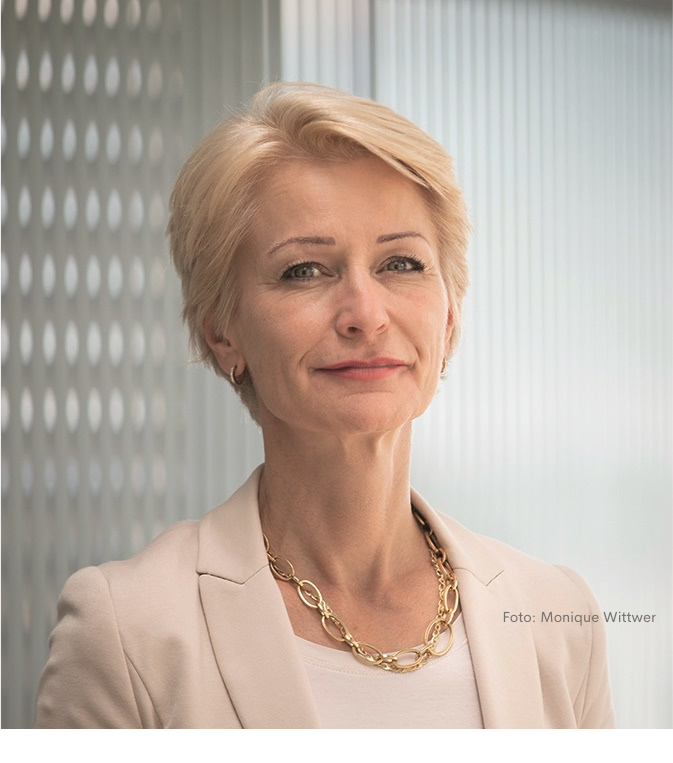
Rector Hochschule für Heilpädagogik, HfH

Rector Hochschule Luzern, HSLU
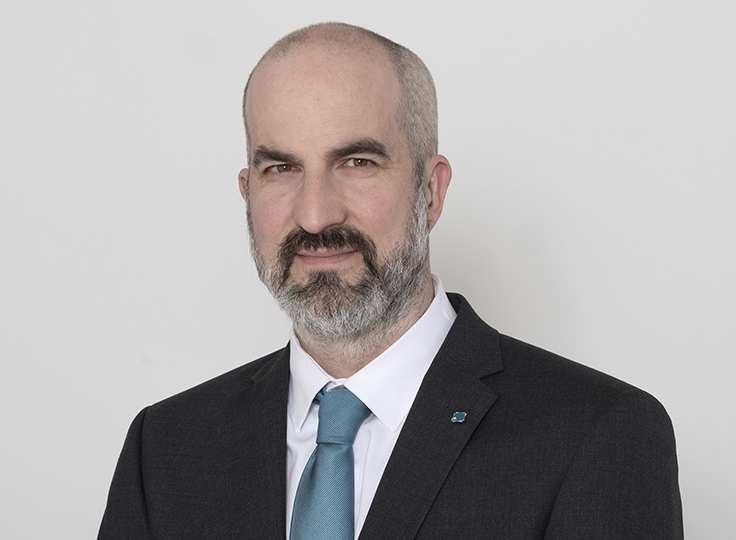
Rector Kalaidos Fachhochschule Schweiz, Kalaidos FH
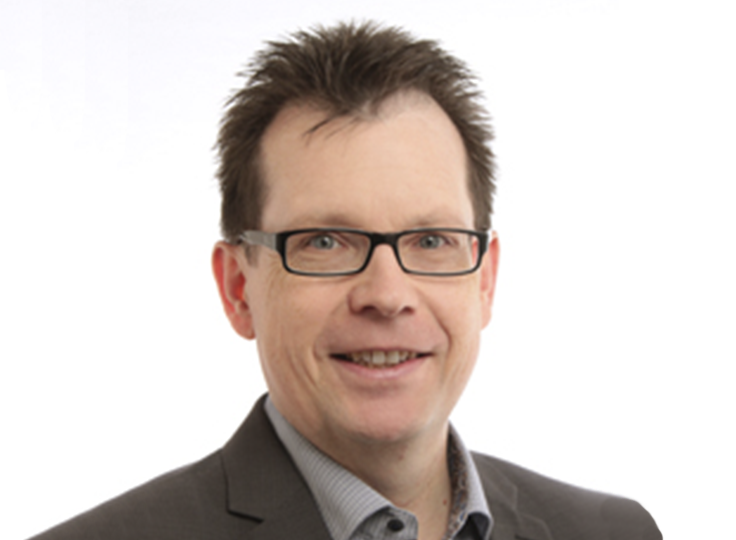
Rector Pädagogische Hochschule Bern, PH Bern
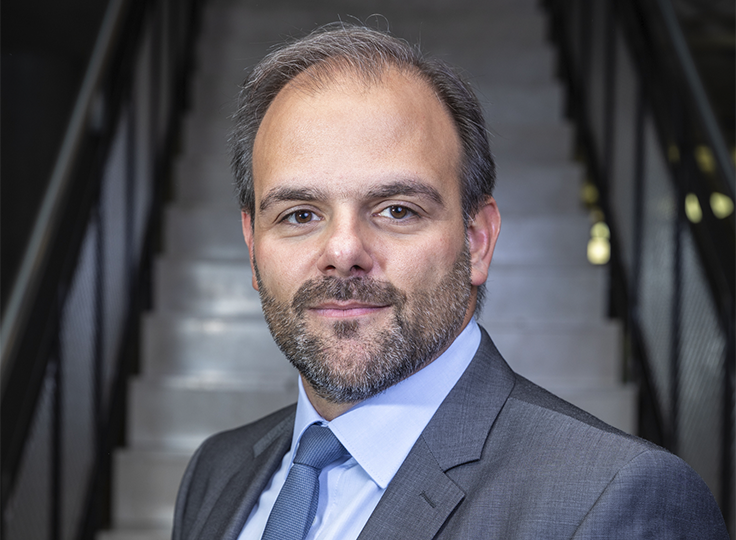
Rector Pädagogische Hochschule Graubünden, PH Graubünden
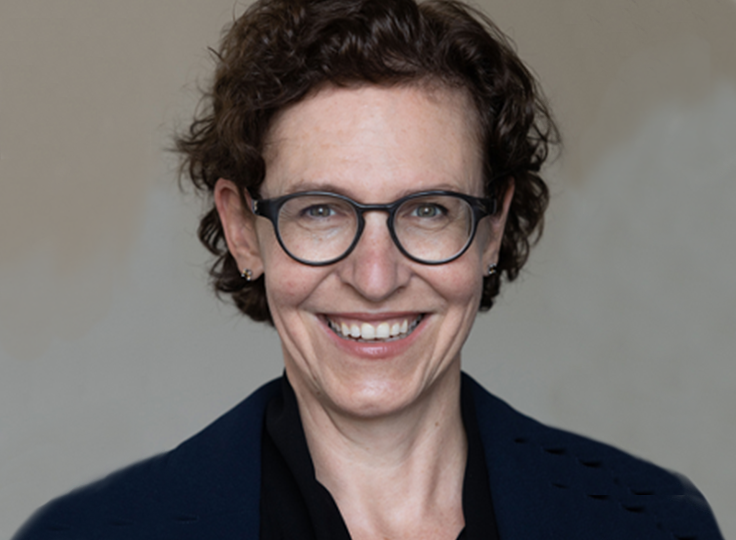
Rector Pädagogische Hochschule Luzern, PH Luzern
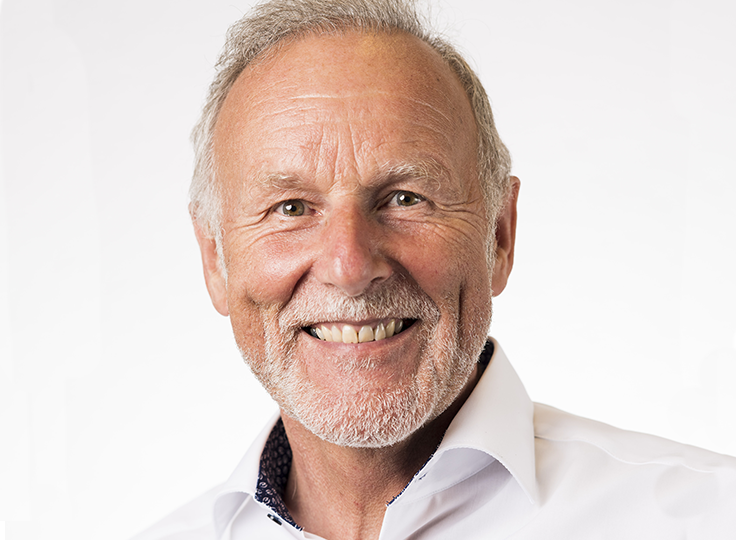
Rector Pädagogische Hochschule Schaffhausen, PH Schaffhausen
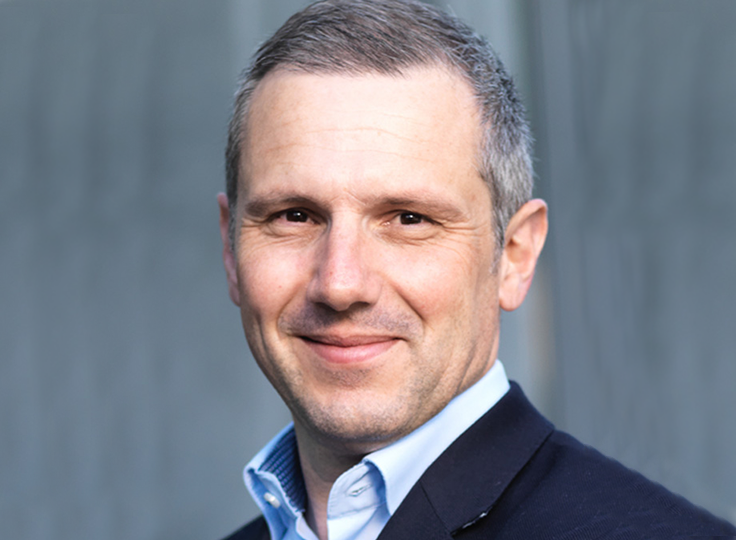
Rector Pädagogische Hochschule Schwyz, PH Schwyz
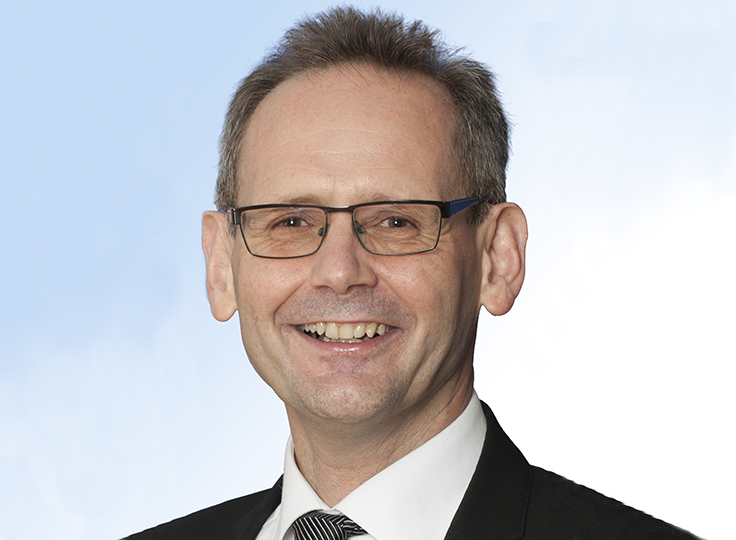
Rector Pädagogische Hochschule St. Gallen, PH St. Gallen

Rector Pädagogische Hochschule Thurgau, PH Thurgau
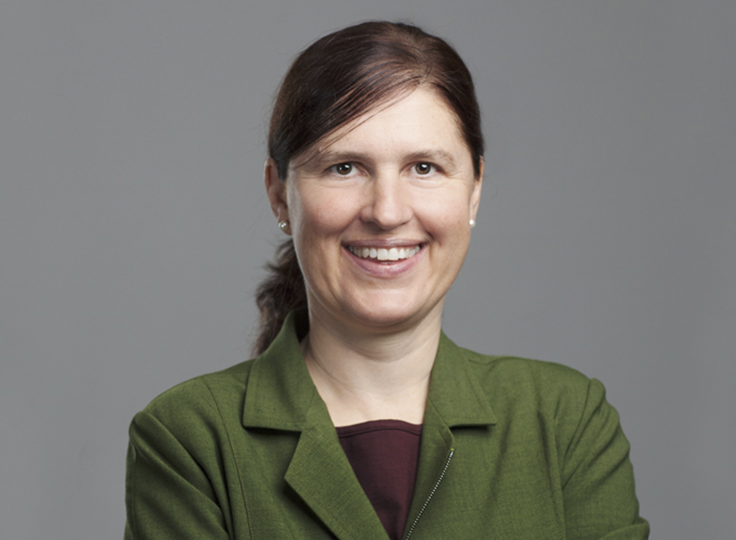
Rector Pädagogische Hochschule Zug, PH Zug
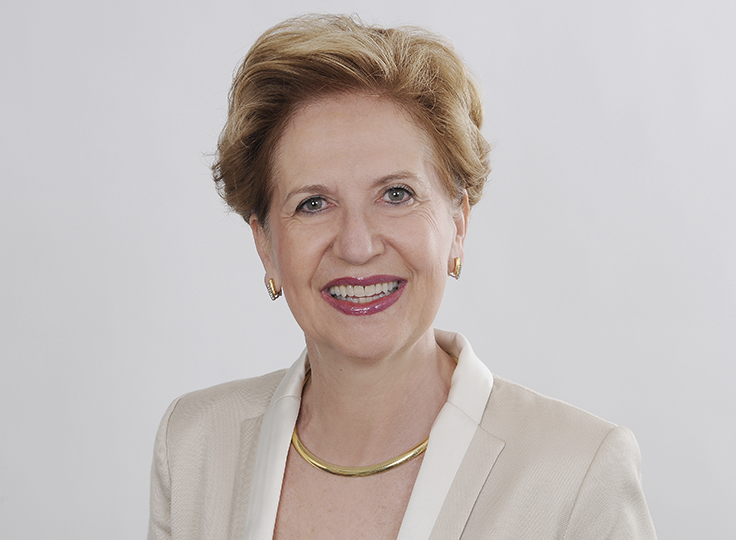
Rector Universität Basel, UNIBAS
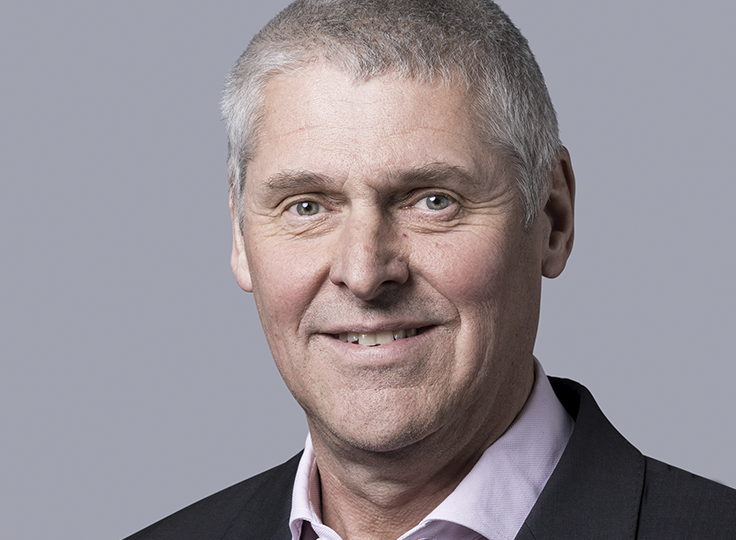
Rector Universität Bern, UNIBE
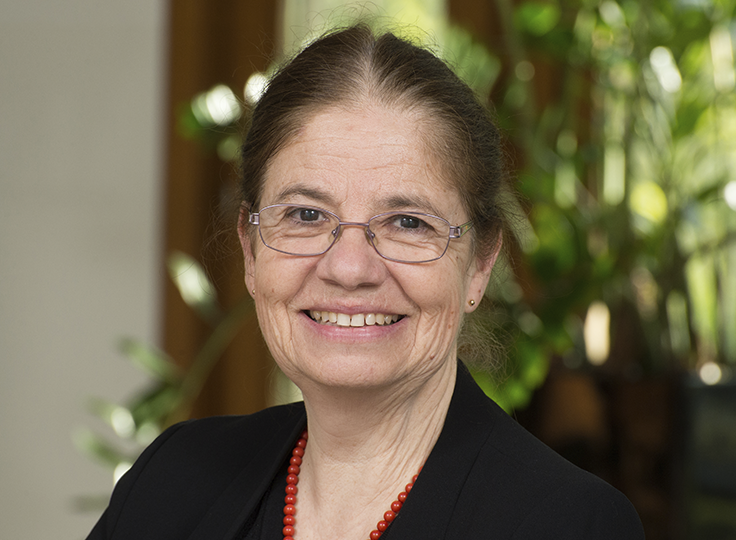
Rector Université de Lausanne, UNIL
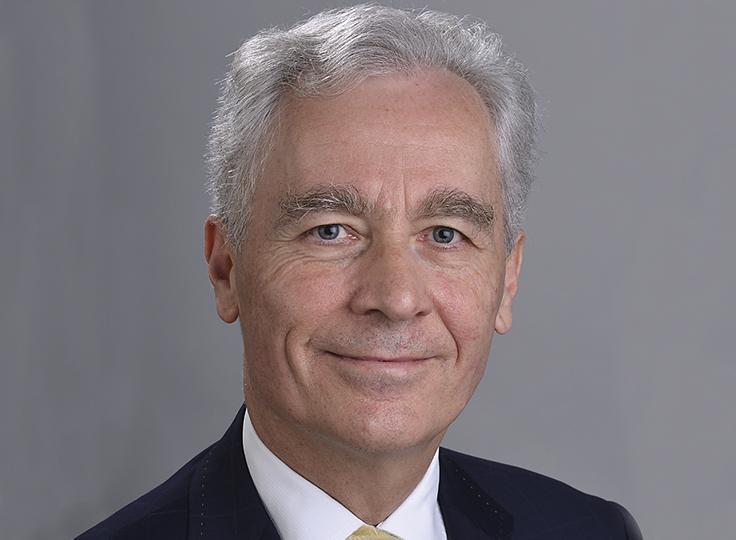
Rector Universität Luzern, UNILU
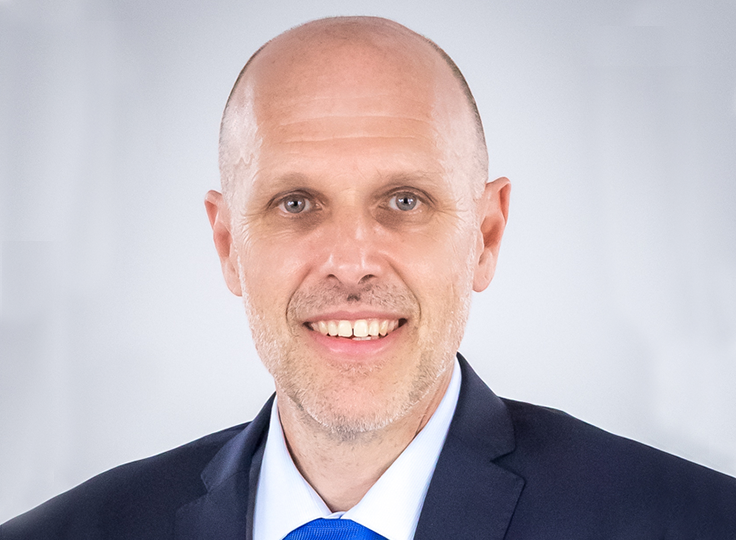
Rector Université de Neuchâtel, UNINE

Rector Universität St. Gallen, UNISG
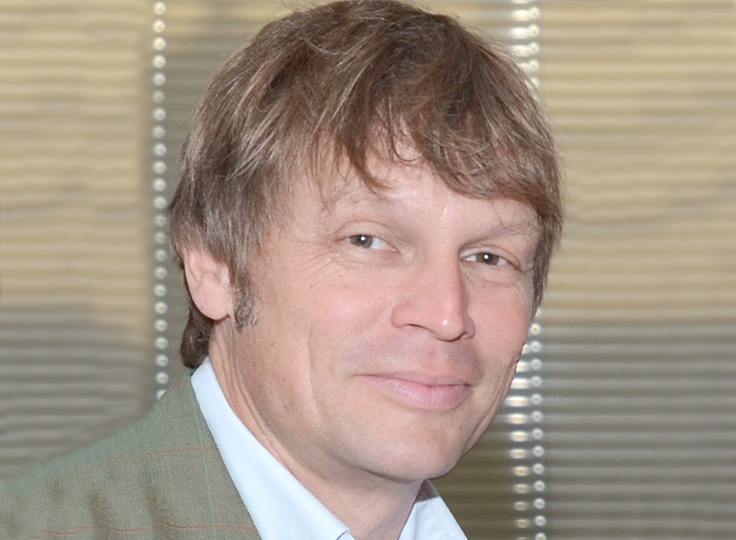
Rector Università della Svizzera italiana, USI

Rector Universität Zürich, UZH

Rector of Zürcher Hochschule der Künste, ZHdK Zürcher Fachhochschule, ZFH

Director Pädagogische Hochschule FHNW

Head of Department SUPSI-DFA
Dr. Martina Weiss
Secretary General
martina.weiss@swissuniversities.ch
031 335 07 68
Dr. Sabine Felder
Deputy Secretary General/ Head of Division Teaching and infrastructure
sabine.felder@swissuniversities.ch
031 335 07 39
Etienne Dayer
Director of the chamber of universities of applied sciences
etienne.dayer@swissuniversities.ch
031 335 07 31
Dr. François Grandjean
Director of the chamber of universities
françois.grandjean@swissuniversities.ch
031 335 07 69
Dr. Andrea Hungerbühler
Director of the chamber of universities of teacher education
andrea.hungerbühler@swissuniversities.ch
031 335 07 59
Noëmi Eglin-Chappuis
Co-Head of Division research and development
noemi.eglin-chappuis@swissuniversities.ch
031 335 07 37
Stefanie Wyssenbach
Co-Head of Division research and development
stefanie.wyssenbach@swissuniversities.ch
031 335 07 82
Rahel Imobersteg
Head of Higher education policy divison
rahel.imobersteg@swissuniversities.ch
031 335 07 72
Dr. Dimitri Sudan
Head of Division international relations
dimitri.sudan@swissuniversities.ch
031 335 07 56
Livia Schmid
Head of finances
livia.schmid@swissuniversities.ch
031 335 07 47
Barbara Jgushia
Head of Human Resources
barbara.jgushia@swissuniversities.ch
031 335 07 49
Dietrich Lindemann
Head of IT
dietrich.lindemann@swissuniversities.ch
031 335 07 51
Josefa Haas
Head of communication
josefa.haas@swissuniversities.ch
031 335 07 34